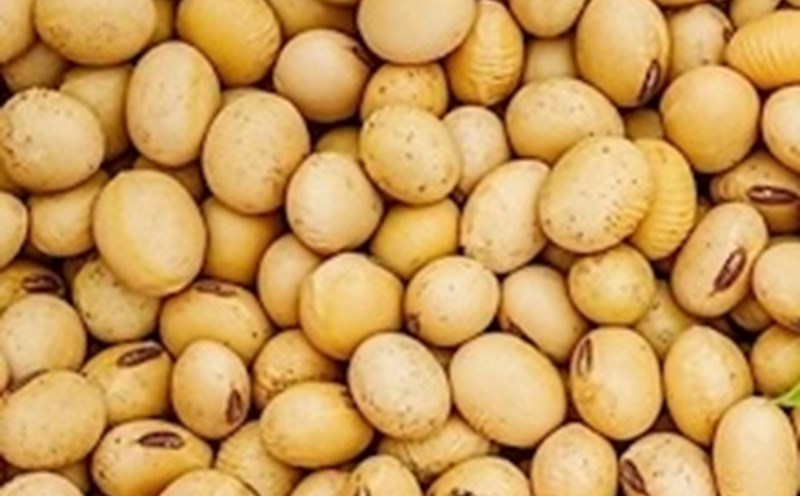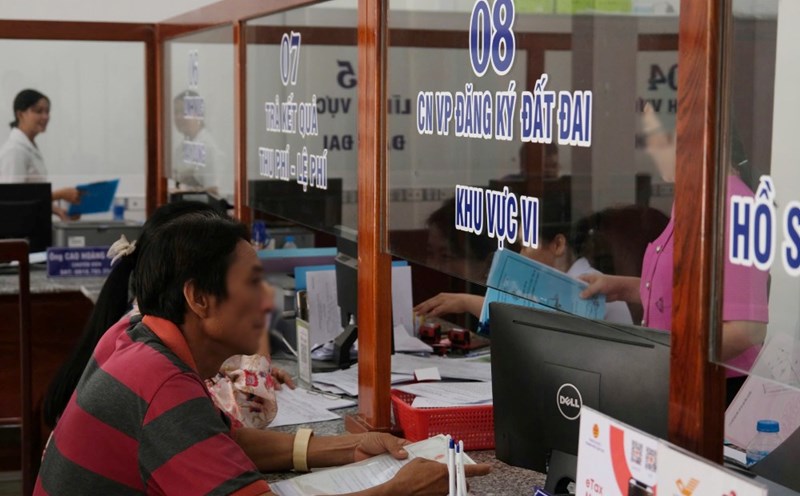Reasonable carbohydrate intake
We should choose moderate carbohydrate levels, which account for about 40% of total energy per day. Carb intake is distributed evenly at main meals and snacks to keep blood sugar stable.
If you have high blood sugar, it is not necessary to completely cut carbs. Instead, prioritize carbs rich in fiber, which have been shown to help improve blood sugar control.
Prioritize fiber and protein
The daily diet provides about 110 grams of protein and 36 grams of fiber. Protein sources come from poultry, fish, eggs, milk, nuts and beans.
Protein is digested more slowly than refined starch, helping you feel full longer and stabilize blood sugar. Fiber comes from whole grains, beans, lentils, fruits and vegetables.
In your meal plan, you should prioritize a high-fiber menu with a steady supply of carbohydrates during main meals and snacks, helping to maintain healthy blood sugar.
Cardiovascular support
Diabetes increases the risk of heart disease, so we should limit saturated fat to less than 14 grams/day and sodium to less than 2,300 mg/day. At the same time, increasing fiber not only supports blood sugar but also reduces the risk of cardiovascular disease.










